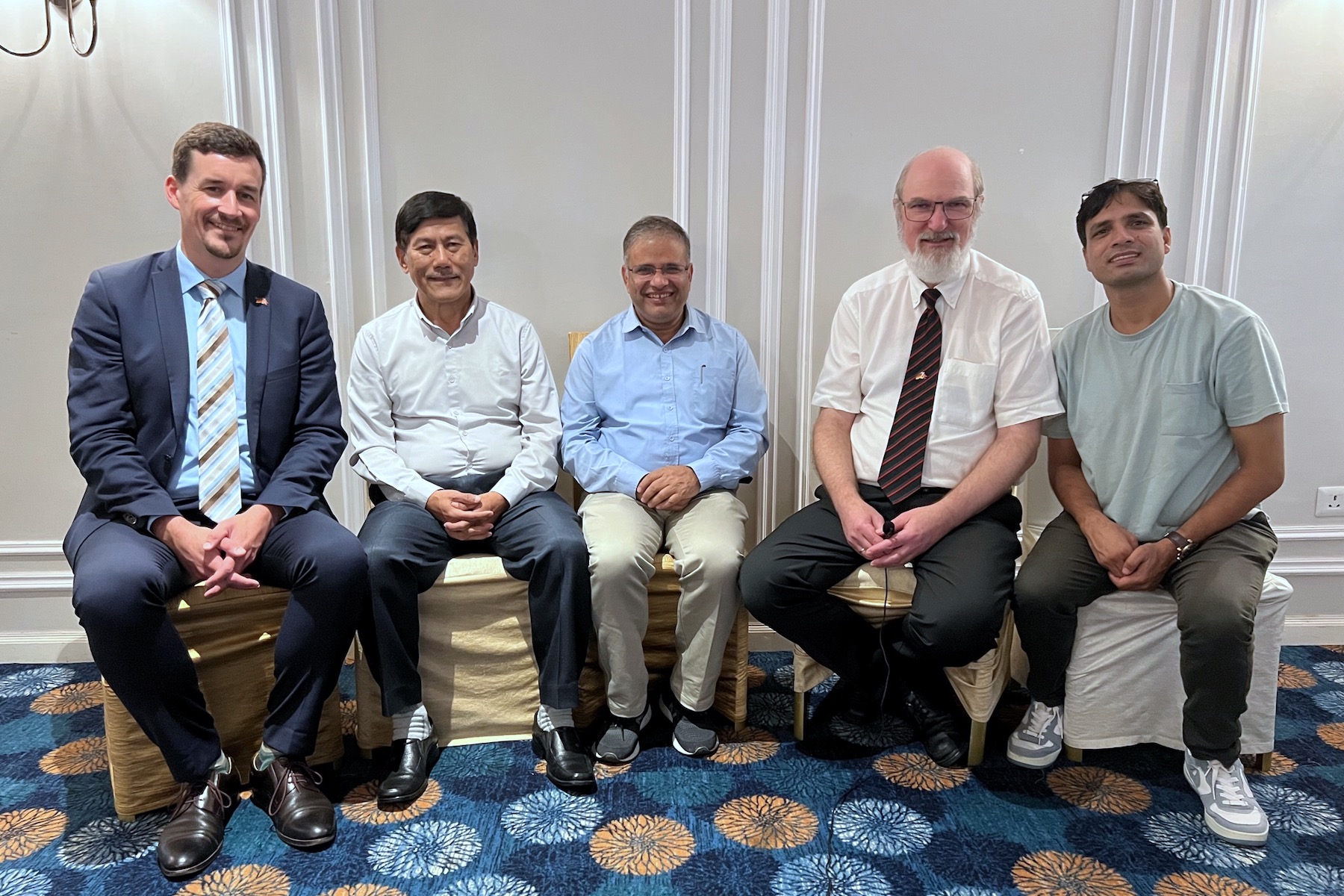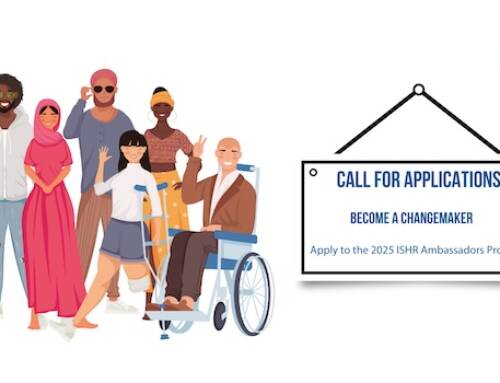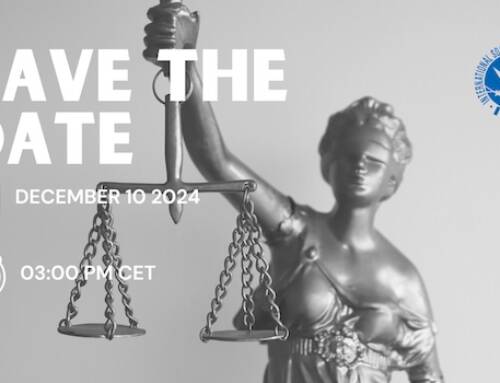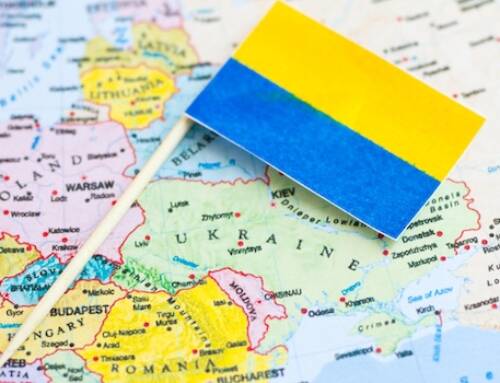Nepal


Claim and Reality of the Constitution
With regards to Nepal, experts and the common people agree: the country has one of the best and most inclusive constitutions in the world on paper, but there is still work to be done in implementing it in the reality of social life. 17 years after the end of the country’s ten-year bloody civil war, in the course of which more than 12,700 people lost their lives, large parts of the population still do not see many of the groundbreaking ideas of the constitution adopted in 2015 realized for their own lives: the caste system is still firmly anchored in the social structures as well as in the thoughts and actions of many people. And the recent incidents of religiously motivated violence make it clear that the goal of non-discrimination of religious minorities in the majority Hindu country is still a long way off.
In order to gather first-hand impressions, deepen existing contacts and establish new ones, visit the ISHR National Section in Nepal and exchange views with other human rights defenders and human rights lawyers, ISHR President Thomas Schirrmacher and ISHR Secretary General Matthias K. Boehning visited the South Asian republic in early September 2023. The program of the visit included talks with the Nepalese Minister for Women, Children and Elderly Citizens, Surendra Raj Acharya, who is responsible for the registration of NGOs, the Consul Sabrina Schmidt-Koschella, who is responsible for human rights and transitional justice at the German Embassy in Kathmandu, the Head of Office of the Nepalese President, Dilli Ram Sharma, and representatives of the National Human Rights Council.
Of greater concern is the persistently poor situation in which women and girls find themselves in the country. A human rights defender reported the complete segregation of women in many Nepali villages, which in several cases has already led to the death of women during the menstrual period as they were completely excluded from the village community. The marriage of girls is also still the order of the day. Voices in society and politics are still only very hesitantly rising up against these conditions. As a result of the visit to Nepal, the ISHR is therefore looking at ways to train women human rights defenders in the country for activism in social media by other women human rights defenders from the global ISHR network who are already very successful in this field.
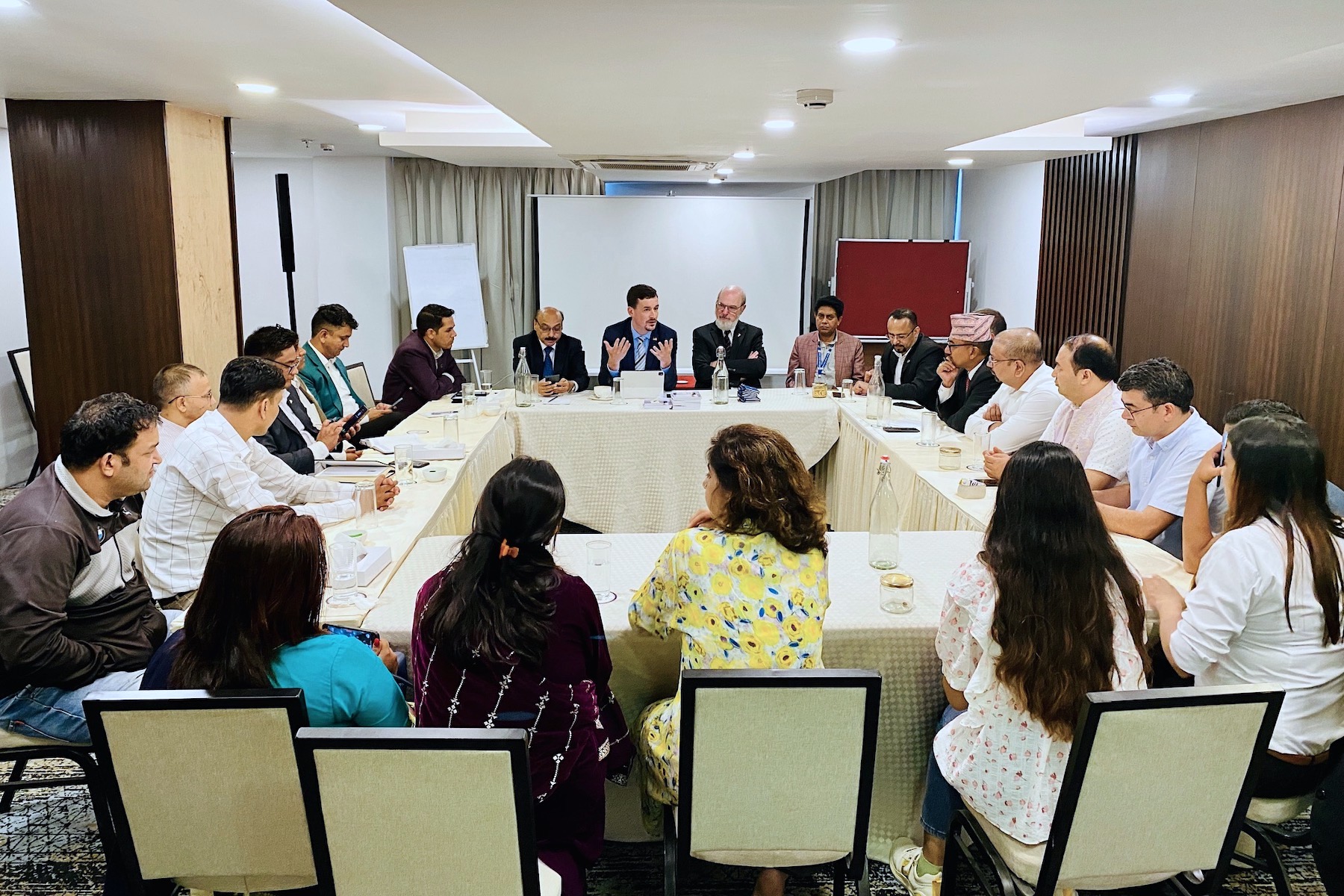
Workshop with Human Rights Defenders and Human Rights Lawyers
A rising tide of Hindu extremism is increasingly becoming a problem, not only for the Christian minority in the country. Recently, there has been an increase in beatings of Christian pastors and destruction of church buildings and property. In a workshop with Christian pastors and leaders organized by the National Evangelical Alliance on the occasion of the visit of the ISHR President and ISHR Secretary General, the growing insecurity in the Christian community was clearly felt. Non-discrimination between religions and Freedom of Religion and Belief may be guaranteed by the constitution on paper – but they are not realized for Christians in Nepal in their perceived reality of life.
Overall, in the unanimous assessment of human rights defenders and human rights lawyers, the process of democratization and peaceful transition is far from complete. There is a large gap between the ideal claims of the constitution and reality. There are also gaps in the process of coming to terms with the civil war era: impunity is a major problem, as not a single crime has been brought to justice to date. The sad legacy of grave human rights violations and war crimes remains largely unaddressed. The political will is lacking in the country to bring the perpetrators to justice.
The forces that could bring about positive change have their own problems to contend with in this situation: Several human rights experts speak of a worrying shrinking space for media and civil society. There is an indirect censorship for the media. While the number of radio stations and online media is exploding, it is very difficult to find truly independent media. Civil society is also partisan to a large extent. In addition, there is a strong political influence on the courts. Human rights defenders are at risk personally and in their free and independent work. International attention to the situation in Nepal, international solidarity and genuine support for human rights defenders are the order of the day to save the constitution and to open up stable prospects for Nepal’s future.
One of the major unresolved issues after the civil war turmoil and the numerous expropriations in the country concerns land rights. Against this background, the ISHR in Nepal works together with the Community Self Reliance Centre (CSRC) and is represented by it in the country as the National Section. The organization, which was founded in March 1993, has been campaigning for comprehensive agrarian reform and the land rights of working farmers and cultivators for more than a quarter of a century. The CSRC has a presence in more than two-thirds of Nepal’s districts in all parts of the country, where it maintains working relationships with communities and local governments. Based on a deep conviction that social inclusion and participatory democracy must be strengthened at the grassroots level of society, CSRC activities are guided by the goals of a people-friendly system of land management and sustainable, organic and environmentally friendly agricultural practices.
Matthias K. Boehning
ISHR Secretary General




